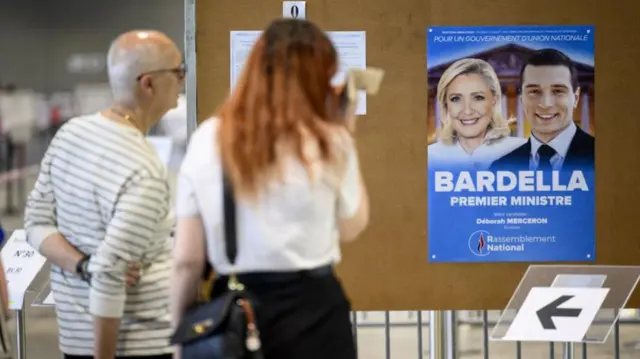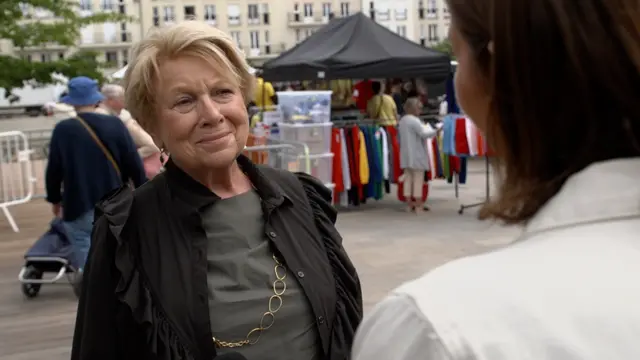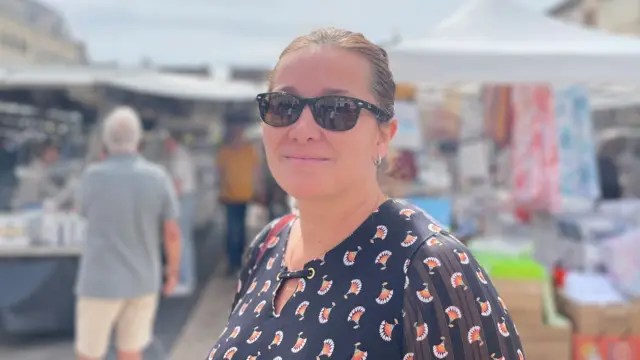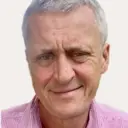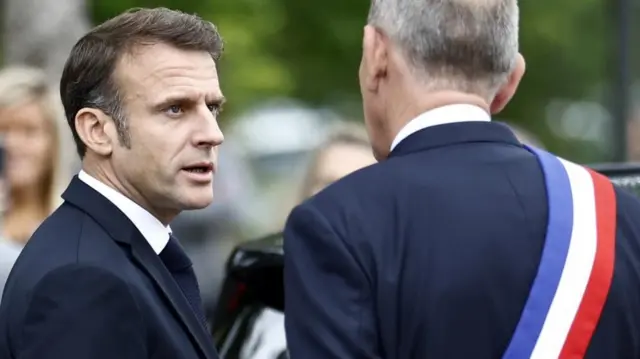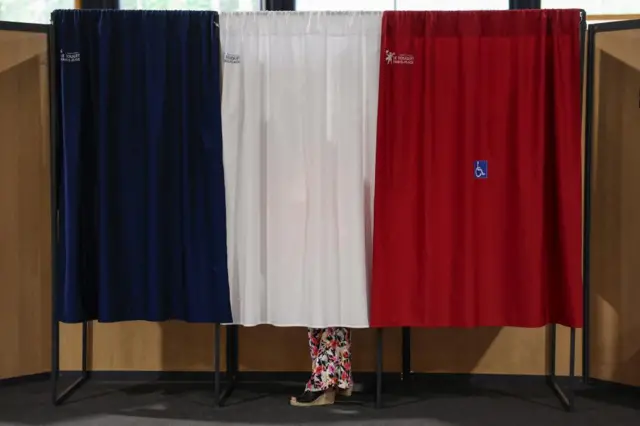Even loyal RN voters doubt the wisdom of this electionpublished at 15:05 BST 7 July 2024
Ido Vock
Reporting from Bordeaux

Gilles Galles is a long-time RN voter, but is still critical of Macron calling the snap election
Outside a polling station in Pessac, a suburb of Bordeaux, I met Gilles Galles and his partner Sylvie.
While Gilles is a long-time voter for the National Rally (RN), Sylvie’s RN votes in these elections were her first.
“I voted for Emmanuel Macron. I thought he would change things but the situation is catastrophic.”
“We’ve tried all the others – why not give the RN a try?”
Gilles says he backs the RN for its focus on “authority”. In previous presidential elections he voted for Marine Le Pen’s father, Jean-Marie, a convicted Holocaust denier, knowing he wouldn’t win.
Sylvie, who did not want to be photographed, says she is “not racist” and has nothing against foreigners who integrate into society, but adds that she doesn’t like her taxes “paying for illegal immigrants”.
Even so, she still harbours doubts about the party. She says 28-year-old Jordan Bardella may be too young to be prime minister.
Perhaps surprisingly for a man who has backed RN since he was old enough to vote, Gilles says Macron was wrong to dissolve parliament and give the far-right party its best shot yet at forming a government.
“France will be ungovernable,” he told me.
